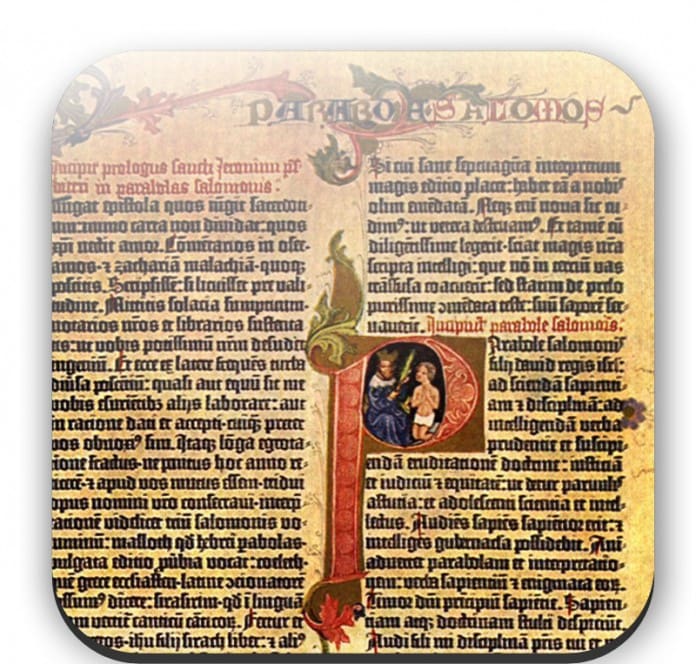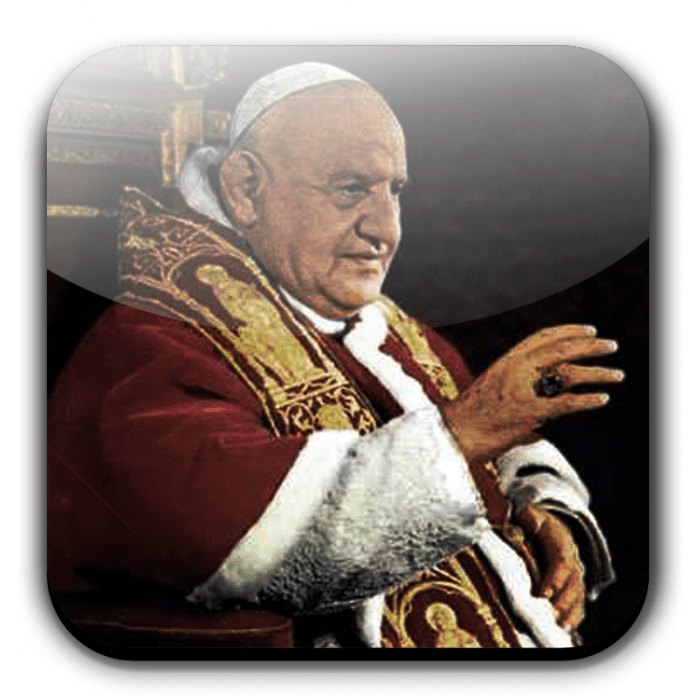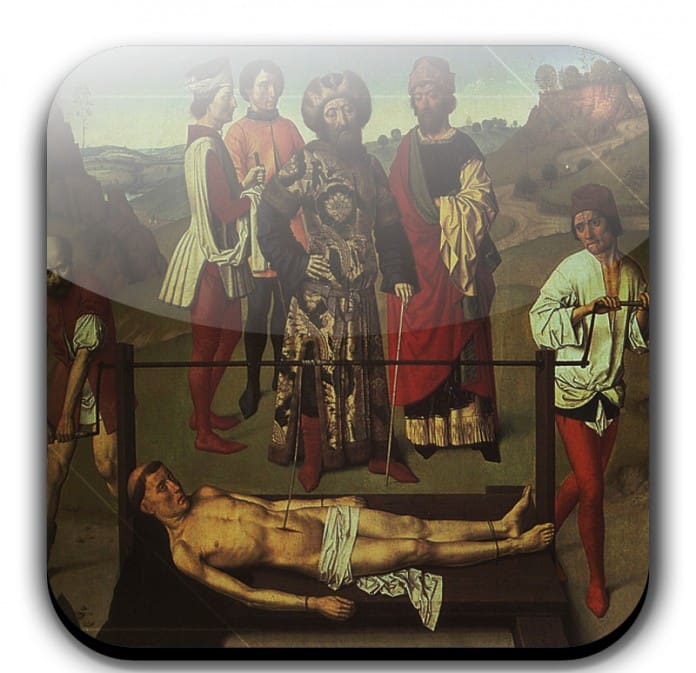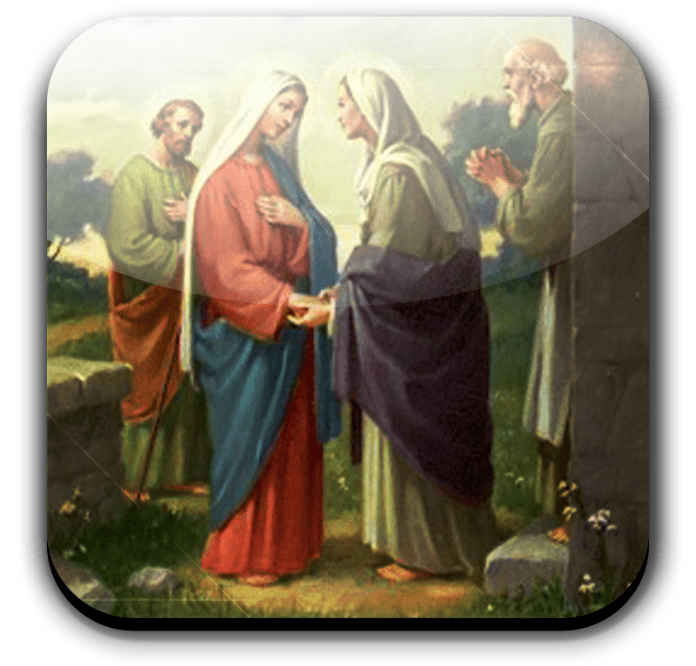Daily Readings For May 5, 2010
2 Timothy 4:1-8
Psalm 71:8-9, 14-17, 22
Mark 12: 38-44
.
.
2 Timothy 4:1-8
1 I charge thee, before God and Jesus Christ, who shall judge the living and the dead, by his coming, and his kingdom: 2 Preach the word: be instant in season, out of season: reprove, entreat, rebuke in all patience and doctrine. 3 For there shall be a time, when they will not endure sound doctrine; but, according to their own desires, they will heap to themselves teachers, having itching ears: 4 And will indeed turn away their hearing from the truth, but will be turned unto fables. 5 But be thou vigilant, labour in all things, do the work of an evangelist, fulfill thy ministry. Be sober.
6 For I am even now ready to be sacrificed: and the time of my dissolution is at hand. 7 I have fought a good fight, I have finished my course, I have kept the faith. 8 As to the rest, there is laid up for me a crown of justice, which the Lord the just judge will render to me in that day: and not only to me, but to them also that love his coming. Make haste to come to me quickly.
Psalm 71:8-9, 14-17, 22
8 My mouth is full of your praises, filled with your splendour all day long. 9 Do not reject me in my old age, nor desert me when my strength is failing
14 As for me, my hope will never fade, I will praise you more and more. 15 My lips shall proclaim your saving justice, your saving power all day long. 16 I will come in the power of Yahweh to tell of your justice, yours alone. 17 God, you have taught me from boyhood, and I am still proclaiming your marvels.
22 For my part, I will thank you on the lyre for your constancy, my God. I will play the harp in your honour, Holy One of Israel.
Mark 12: 38-44
38 And he said to them in his doctrine: Beware of the scribes, who love to walk in long robes, and to be saluted in the marketplace, 39 And to sit in the first chairs, in the synagogues, and to have the highest places at suppers: 40 Who devour the houses of widows under the pretence of long prayer: these shall receive greater judgment.
41 And Jesus sitting over against the treasury, beheld how the people cast money into the treasury, and many that were rich cast in much. 42 And there came a certain poor widow, and she cast in two mites, which make a farthing. 43 And calling his disciples together, he saith to them: Amen I say to you, this poor widow hath cast in more than all they who have cast into the treasury. 44 For all they did cast in of their abundance; but she of her want cast in all she had, even her whole living.
*Daily readings are from Douay-Rheims and/or New Jerusalem translation. Because of copyright restrictions, the NAB translations approved by the USCCB and used at Mass cannot be shown. Go to http://www.usccb.org/nab for daily readings using the NAB translation




















